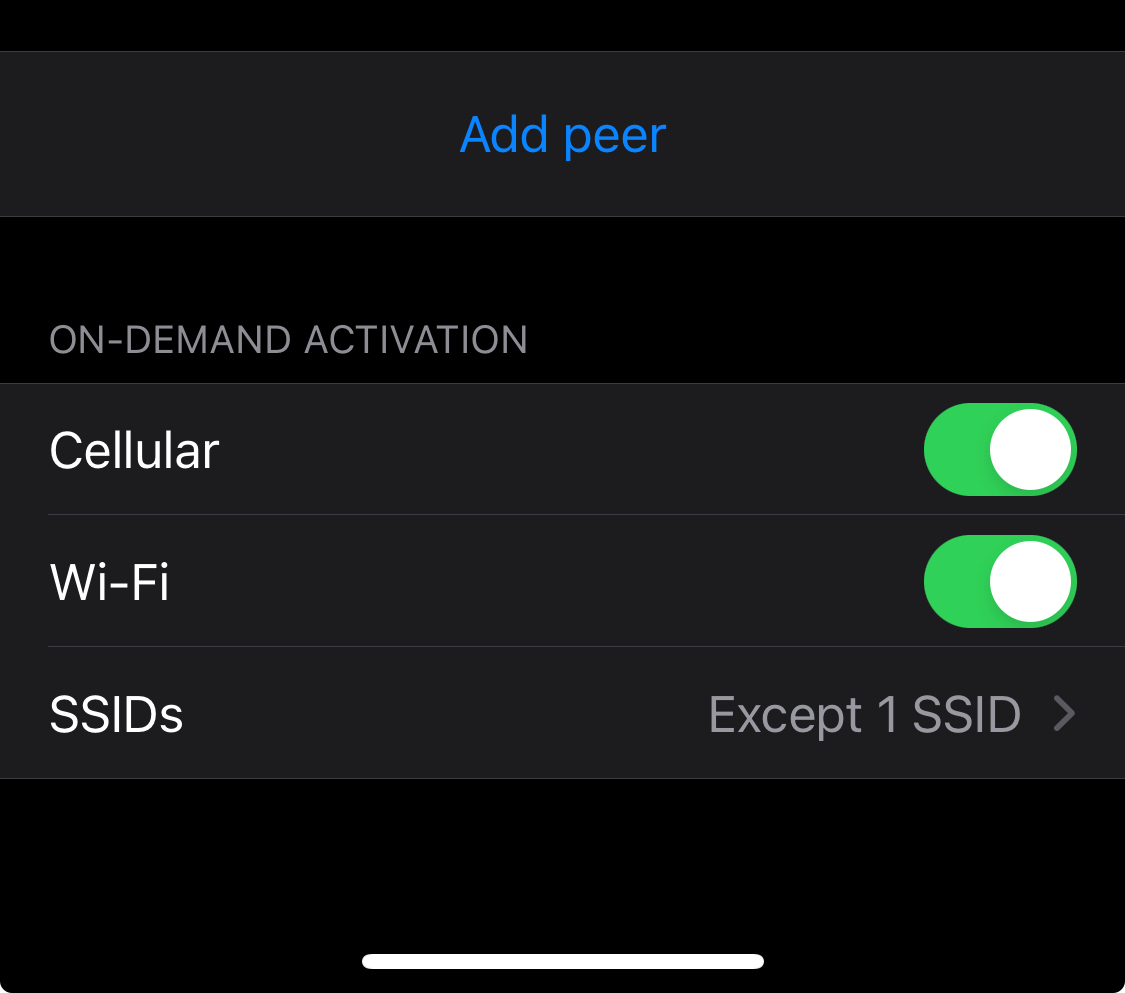

Indeed. I couldn’t get a couple of old 3DO games working on windows 10/11 even though I bought them on Steam.
Work great on Linux w/ Photon (aka wine).


Indeed. I couldn’t get a couple of old 3DO games working on windows 10/11 even though I bought them on Steam.
Work great on Linux w/ Photon (aka wine).


Garuda.
I’d never used Arch or Arch derivatives but if this is the experience I understand the memes a little more.
The package management is easy and very up to date. I like the BTRFS snapshots, and it had everything game-related available right out of the box. My Nvidia graphics card, which was the thing I couldn’t get working on Ubuntu, performed as well or better than under windows.
The only thing that didn’t work for me was ZFS - but because everything else was working well, I just went another route.


Longtime every OS user. But have been using Linux since the days of Mandrake in ‘96. Switched to Debian shortly thereafter though mostly as a server/SDN device. Then a long spell on Ubuntu starting with 8.something. While I don’t use Linux on the desktop as my primary work OS, I do use it daily.
Recently, annoyed with windows, which I only used/booted up for gaming, I gave gaming on Linux a try. It’s been mostly flawless even when the games aren’t Linux-native. Hilariously Ubuntu was awful and I couldn’t get it working so I’ve switched to something more gaming specific and couldn’t happier.


Found the other NixOS user. ;)


My advice: don’t change anything else right now.
The temptation is high to pack it all in at once; make all the big changes.
2 hours a day is a lot. Not too much, just a lot. So, since you asked, don’t change your diet yet. Get into the groove of building this new thing into some level of consistency. Once you’re 90 days in, start modifying something else. Diet. Sleep. Intensity.
Work on one routine at a time.
Now if you’re going too far into calorie deficit then you can think about what your energy needs are but keep the other changes to bare necessity.
You come to my door. You get candy.
Young, old, costume or not.
You get candy.
I found my people here.


…drew their swords and shot each other. A deaf policeman heard their cry.
If you don’t believe this lie is true. Ask the blind man, he saw it too.


Is there a reason you need a dual book instance instead of a VM or even WINE?
Unless you need direct access to hardware and if you have enough RAM, you can probably avoid dual booting altogether.


Pros:
Cons:


pfBlockerNG at the network edge and ublockorigin on devices.
Hard to tell from first glance but my guess would be this is fallout from the ongoing xz drama. Here: https://www.openwall.com/lists/oss-security/2024/03/29/4
I’m on iOS and do the same thing.
The WireGuard app has a setting to “connect on demand”. It’s in the individual connections/configurations.

You can then set either included or excluded SSIDs. There’s also an option to always connect when you’re on mobile/cellular data.
I imagine the Android app is similar.


DM’ed you the link.
Reason: personal GitHub account.


Reddit was aggressively rate limiting tools used to delete and edit content in a funny way when the API pricing was announced. The API wouldn’t return an error, the rate limiting was silent, and the tools would report successful deletion or edits even when the edit or deletion wasn’t made.
I had to modify an existing script to handle the 5-second rate limit and, lieu of deleting, I just rewrote each comment with a farewell.
Even then I did 3 passes (minor additional edits) in cases Reddit was saving previous edits.
My content has stayed edited.
Neat, I’ll have to look it up. Thanks for sharing!


Nextcloud isn’t exposed, only a WireGuard connection allows for remote access to Nextcloud on my network.
The whole family has WireGuard on their laptops and phones.
They love it, because using WireGuard also means they get a by-default ad-free/tracker-free browsing experience.
Yes, this means I can’t share files securely with outsiders. It’s not a huge problem.


You’re conferring a level of agency where none exists.
It appears to “understand.” It appears to be “knowledgeable. “
But LLMs do neither of those things.
Take this note from an OpenAI dev:

It’s that these models have leveraged so much data they’ve been able to map out relationships between words (or images) in way as to be able to generate what seem like new versions of those things.
I grant you that an LLM has more base level knowledge than any one human, but again this is thanks to terrifyingly large dataset and a design that means it can access this data reasonably reliably.
But it is still a prediction model. It just has more context, better design and (most importantly) data to make predictions at a level never before seen.
If you’ve ever had a chance to play with a model at level where you can control some of its basic parameters it offers a glimpse into just how much of a prediction machine it can be.
My favourite game for a while was to give midjourney a wildly vague prompt but crank the chaos up to 100 (literally the chaos flag at the highest level) to see what kind of wild connections exist but are being filtered out during “normal” use.
The same with the GPT-3.5 API in the “early days” - you could return multiple versions of the response and see the sausage being made to a very small degree.
It doesn’t take away from the sense of magic using these tools. It just helps frame what’s going on under the hood.


We really can vote with our dollars. The issue is that we don’t (I’m point right at myself here).
Don’t buy the things, we probably don’t need em.
I was so impressed with Garuda that I adopted it for my primary workstation OS even though I’m using the “gaming edition”.